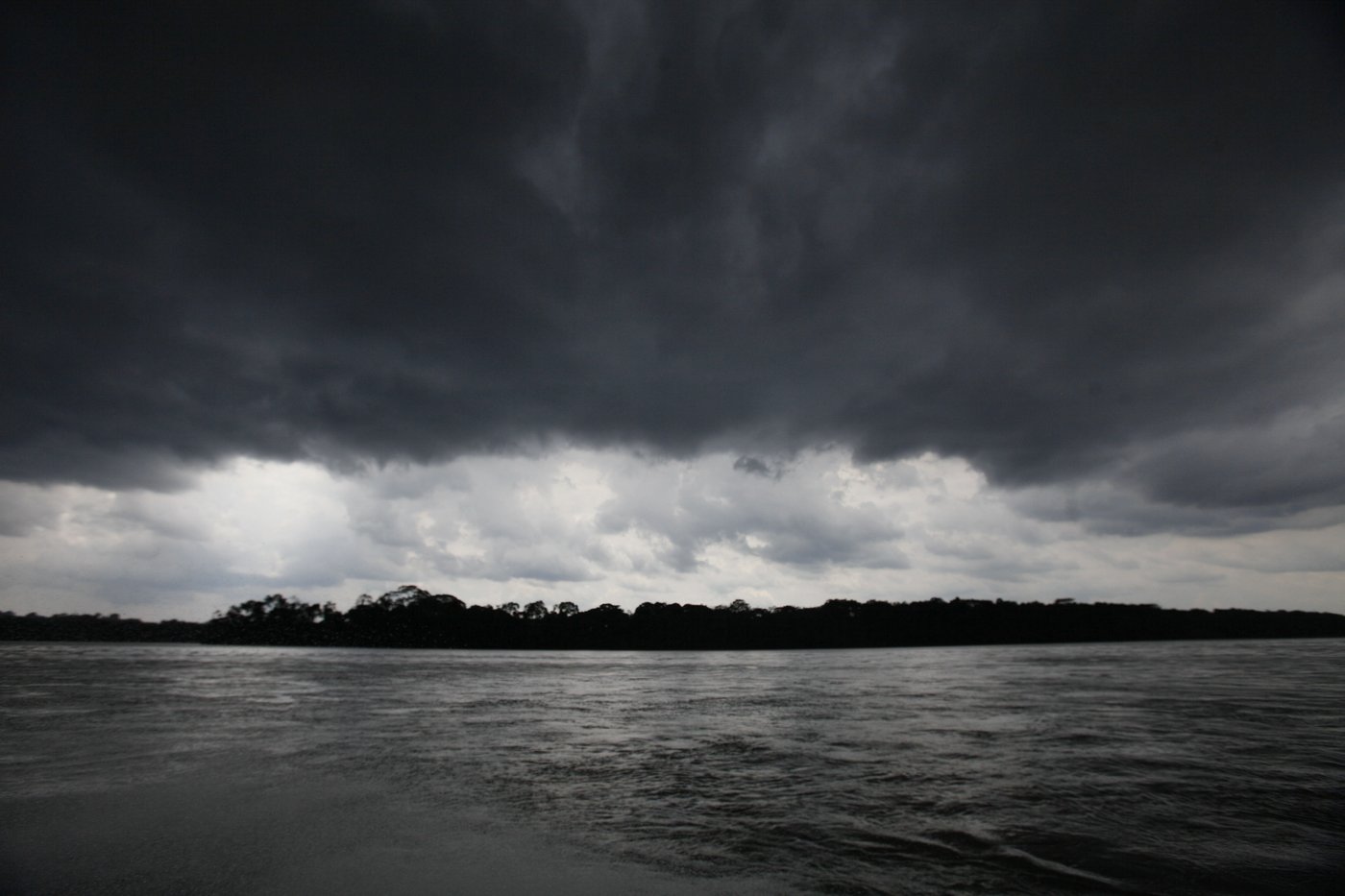Elevate your local knowledge
Sign up for the iNFOnews newsletter today!
Sign up for the iNFOnews newsletter today!
Selecting your primary region ensures you get the stories that matter to you first.

BOGOTA, Colombia (AP) — Ecuador’s parliament has approved a new law on protected areas that has drawn sharp criticism from Indigenous groups, legal experts and environmental advocates who say it threatens Indigenous land rights and violates both national and international protections.
The law, which passed on Thursday in the 151-seat National Assembly with 80-23 votes in favor, with the remaining lawmakers absent during the vote, allows private entities, including foreign companies, to participate in managing conservation zones.
Government officials have defended the measure, arguing that it will strengthen oversight of protected lands, help improve park security, promote ecotourism and combat illegal mining without allowing extractive activity.
Critics say it could lead to displacement, increased resource extraction and the rollback of hard-won environmental and Indigenous protections enshrined in Ecuador’s 2008 Constitution.
“This is constitutional vandalism,” said Oscar Soria, co-CEO of the international policy group The Common Initiative. “Ecuador has shattered its international credibility and invited isolation from the global community.”
Opponents also say the law violates at least 15 international agreements — including the ILO Convention 169, the Escazú Agreement, and the U.N. Declaration on the Rights of Indigenous Peoples — and that the lawmakers failed to consult with affected communities as required by law.
“The legislators of Ecuador reopened a historic wound,” said Justino Piaguaje, leader of the Siekopai peoples and head of the NASIEPAI Indigenous organization.
Piaguaje slammed the law as “dangerous and unconstitutional” and said it not only reinforces systemic violations of Indigenous rights but “actively perpetuates a legacy of dispossession and violence that stretches back to the colonial era.”
“It threatens our survival and desecrates the dignity of the Ecuadorian people,” he said.
Valentina Centeno, president of the parliament’s Economic Development Commission, insisted the law does not open the door to extractive industries — and that here is a provision “that explicitly prohibits” them.
She asked for an applause in the National Assembly after the law was passed.
Still, Indigenous leaders say the process lacked transparency and bypassed meaningful dialogue with their communities. Legal challenges are already underway, with Indigenous organizations vowing to take the case to Ecuador’s Constitutional Court and international forums.
The law was passed under an “economic urgency” designation linked to a national internal conflict declaration, a move that accelerated debate and limited legislative scrutiny.
___
Follow Steven Grattan on Instagram: @steven.grattan
___
The Associated Press’ climate and environmental coverage receives financial support from multiple private foundations. AP is solely responsible for all content. Find AP’s standards for working with philanthropies, a list of supporters and funded coverage areas at AP.org.
This site is protected by reCAPTCHA and the Google Privacy Policy and Terms of Service apply.
Want to share your thoughts, add context, or connect with others in your community?
You must be logged in to post a comment.